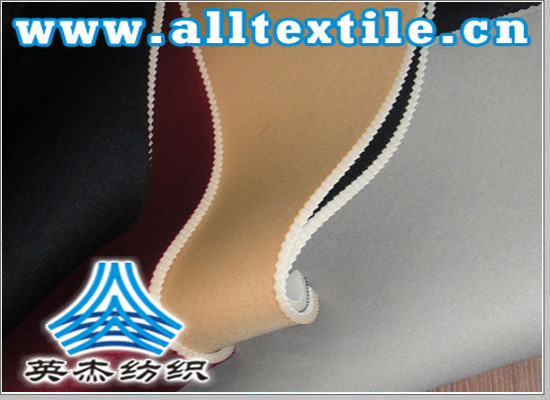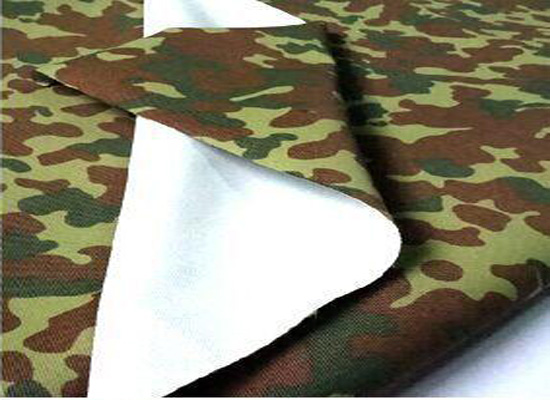Revealed: How to choose flame retardant clothing fabrics?
In order to reduce burns caused by fire, flame-retardant protective clothing is the last line of defense to ensure the safety of the wearer. Therefore, the protective performance of flame-retardant clothing is crucial, especially comfort, flame retardancy, and fire shrinkage. Only this Only when the three indicators meet the national standard requirements at the same time can it play a better protective role.
Flame-retardant clothing is one of the most widely used types of personal protective equipment. After contact with flames and hot objects, within a certain period of time, flame-retardant clothing can prevent itself from being ignited, burning or smoldering, and protect workers from Injury from open flame or heat source. Therefore, the performance of flame-retardant clothing is crucial, especially comfort, flame retardancy, and fire shrinkage. Only when these three indicators meet the requirements at the same time can it play a better protective role.

Currently, there are many types of fabrics used in flame-retardant protective clothing on the market, including flame-retardant cotton, modified flame-retardant polyester, aramid series (such as arylsulfone fiber, acrylic chlorine fiber), etc., but they have both comfort, flame retardancy, High-quality flame-retardant fabrics that shrink little when exposed to fire have almost no shrinkage. Because no fiber is perfect and each has its own advantages and disadvantages.
Although pure cotton flame-retardant fabrics have good comfort, they have low strength and low temperature resistance, and will carbonize at 180°C. Fibers such as aramid, acrylic, and meta-aramid shrink severely when exposed to fire, and these fibers have low hygroscopicity. , poor comfort; para-aramid has high temperature resistance, small shrinkage when exposed to fire, but poor comfort; PBO (polyparaphenylene benzobisoxazole) fiber does not shrink when exposed to fire, but it has not been domestically produced yet, is expensive, and Since polymer fibers have low hygroscopicity, their wearing comfort is also poor.

The comfort, flame retardancy and high temperature shrinkage of flame retardant protective clothing are equally important. Only by integrating these three functions can flame retardant clothing fabrics provide better protection for the wearer. In order to meet the requirements for these three properties of flame-retardant clothing, companies in our country have developed aramid blended flame-retardant fabrics that use cellulose flame-retardant fiber as the base material and para-aramid as the skeleton. The comfort, flame retardancy and heat shrinkage of burning clothing fabrics.

No matter what kind of fabric is selected, the flame retardant performance of flame retardant clothing must meet the requirements of GB8965.1-2009 “Protective Clothing Flame Retardant Protection Part 1: Flame Retardant Clothing” and can protect the wearer in the event of a fire. Play a protective role.






